高功率重载车辆用燃料电池的质子化膦酸电极
采用聚乙烯为主链,侧链为嵌段型聚四氟苯乙烯基膦酸和聚五氟苯乙烯,全氟磺酸聚合物也参与到电极中(网上仅有预印本全文,无正式版本全文,不确定电极聚合物之间的关系),其中全氟磺酸的质子被转移到膦酸,以增强燃料电池电极的无水质子传导能力。
常规磷酸掺杂PBI等物质因为水的生成造成磷酸流失,耐久性不良。
膦酸十年前的质子电导还很差,未引人关注。该文章有了突破,但冷启动到高温段有高内阻过程,膦酸的存在会让不同状态的水影响冷启动的处理,催化剂载量过高。
Protonated phosphonic acid electrodes for high power heavy-duty vehicle fuel cells
Abstract
State-of-the-art automotive fuel cells that operate at about 80?°C require large radiators and air intakes to avoid overheating. High-temperature fuel cells that operate above 100?°C under anhydrous conditions provide an ideal solution for heat rejection in heavy-duty vehicle applications. Here we report protonated phosphonic acid electrodes that remarkably improve the performance of high-temperature polymer electrolyte membrane fuel cells. The protonated phosphonic acids comprise tetrafluorostyrene-phosphonic acid and perfluorosulfonic acid polymers, where a perfluorosulfonic acid proton is transferred to the phosphonic acid to enhance the anhydrous proton conduction of fuel cell electrodes. By using this material in fuel cell electrodes, we obtained a fuel cell exhibiting a rated power density of 780?mW?cm–2 at 160?°C, with minimal degradation during 2,500?h of operation and 700 thermal cycles from 40 to 160?°C under load.
Lim, K.H., Lee, A.S., Atanasov, V. et al. Protonated phosphonic acid electrodes for high power heavy-duty vehicle fuel cells. Nat Energy (2022). https://doi.org/10.1038/s41560-021-00971-x
关键性数据
Nafion对水很敏感
H2/air fuel cell performance of Nafion-based LT-PEMFCs at 100?°C as a function of RH.

120度时三种竞争者
Comparison of H2/air fuel cell performance of different MEAs at 120?°C.

左下角新聚合物

模型化合物是

图e在无水的200度条件下获得高效率的高性能,达到1.64A/cm2@0.64V
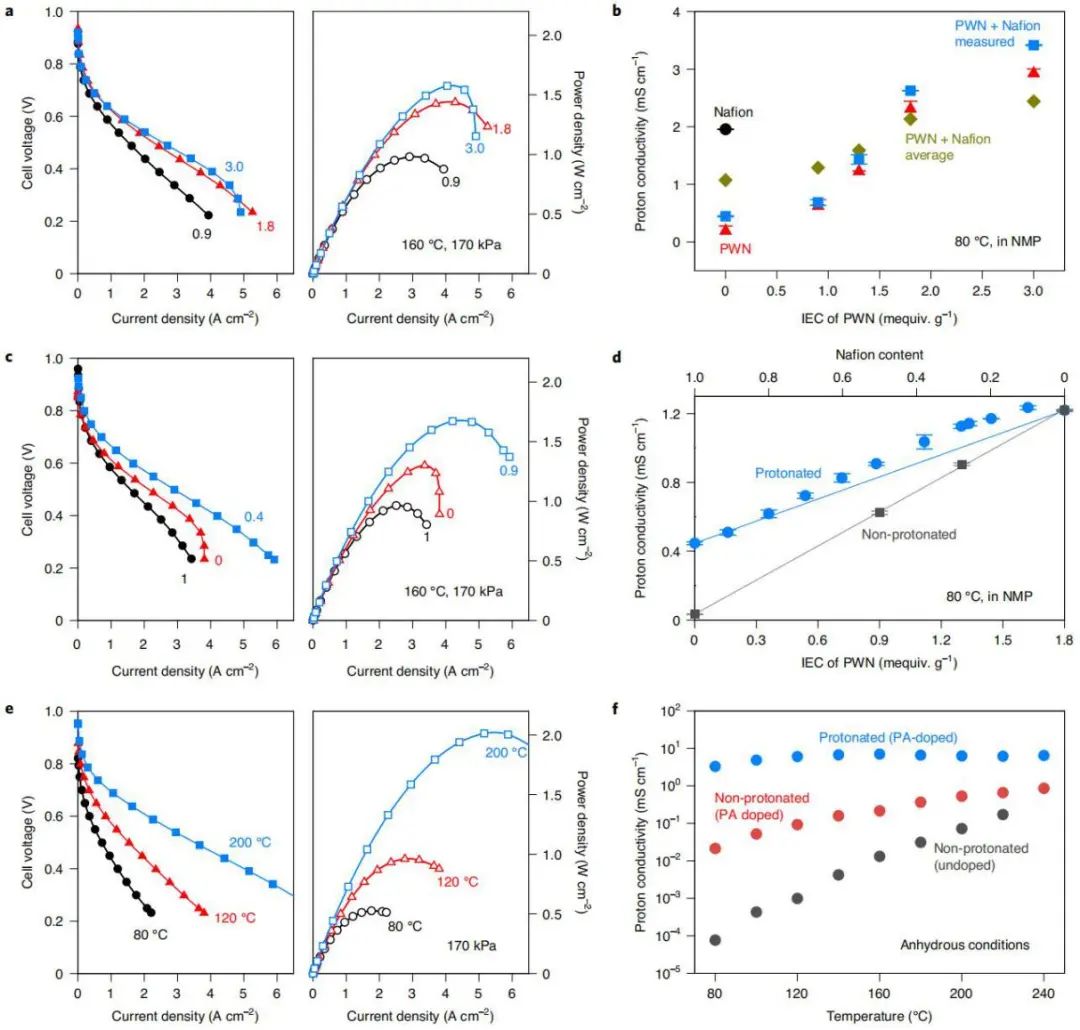
对不同技术路线的状态做了对标。
OrganizationRated power density (mW/cm2)operating temperature (C )fuel cell typeLANL377.980LT-PEMFCTU30680LT-PEMFCGM34280LT-PEMFCNREL42780LT-PEMFCLANL AMFC40280AEMFCUD AMFC37080AEMFCDPS500160HT-PEMFCTianjin426160HT-PEMFCKIST533160HT-PEMFCLANL447160HT-PEMFCThis work780160HT-PEMFC
OrganizationRated power density (mW/cm2)operating temperature (C )fuel cell typeGM100595LT-PEMFCNREL101395LT-PEMFCUD AMFC64895AEMFCRPI506200HT-PEMFCThis work1000200HT-PEMFC

恒功率和循环耐久性
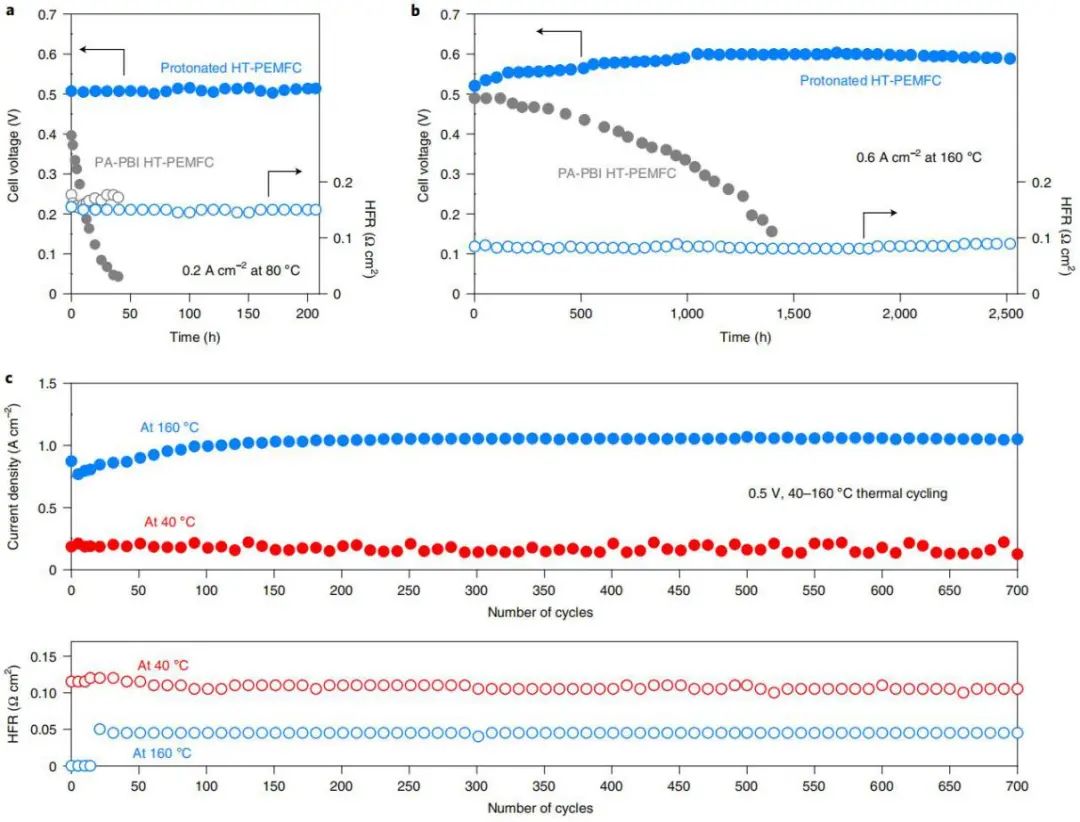
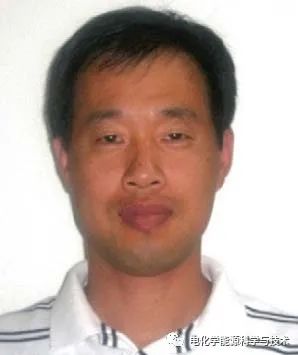
Dr. Yu Seung Kim is a staff scientist at Materials Synthesis and Integrated Devices (MPA-11),Los Alamos National Laboratory. Dr. Kim presently leads the alkaline membrane fuel cell project funded by US Department of Energy. His research focuses on the fundamental and
applied science of fuel cells, including development of ion exchange polymer electrolytes and understanding of catalyst-ionomer interface for polymer electrolyte membrane fuel cells. Dr. Kim received his Ph.D. from Korea Advanced Institute of Science and Technology (1999). After
three years of post-doctoral training at Virginia Tech, he joined LANL fuel cell team (2003). He has published ~70 papers with total citations > 11,000 times and an H-factor of 36. He is an author of 7 book chapters on polymer fuel cell technologies. He has credits for 20+ US patents and is the three-time awardee of LANL Outstanding Innovation Technology Transfer Awards (2009, 2012 & 2013). He received special recognition by US DOE Assistant Secretary, David Danielson for his tech to market transfer efforts (2014). He received Outstanding Technical Achievement Award from US DOE Hydrogen and Fuel Cell Program (2016)
原文标题 : 高功率重载车辆用燃料电池的质子化膦酸电极
最新活动更多
-
限时免费试用立即申请>> 东集技术AI工业扫描枪&A10DPM工业数据采集终端
-
即日-6.30免费下载>> 燧石技术“AI+热成像”的新能源安全预测性维护方案白皮书
-
7.30-8.1预约参观>> 2025WAIE-光伏储能应用大会暨展览会
-
精彩回顾立即查看>> 蔡司工业质量解决方案集锦
-
精彩回顾立即查看>> OFweek 2025新能源产业协同发展大会
-
精彩回顾立即查看>> 【线下会议】OFweek 2025(第五届)储能技术与应用高峰论坛








 分享
分享

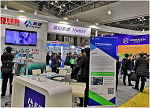



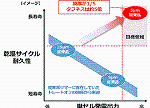
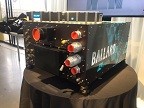
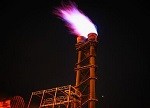




发表评论
请输入评论内容...
请输入评论/评论长度6~500个字
暂无评论
暂无评论